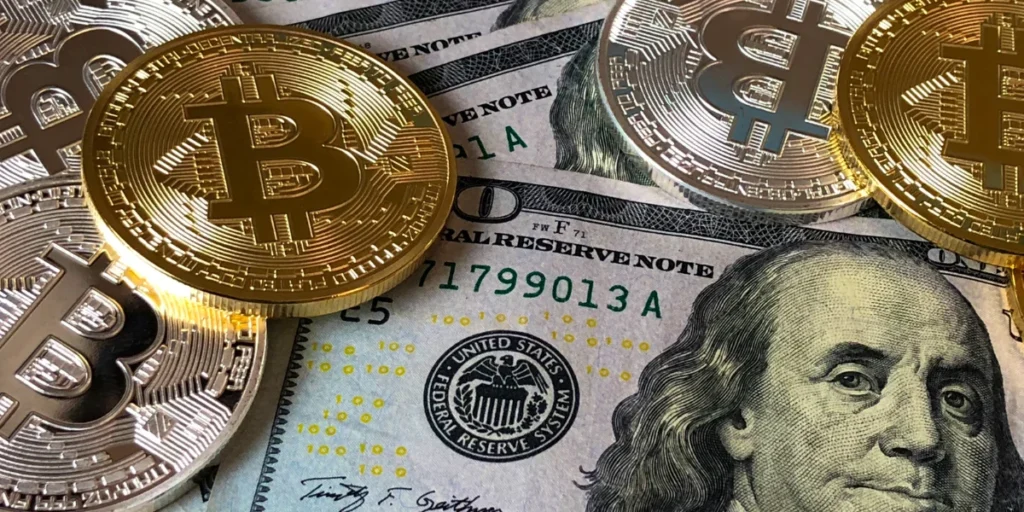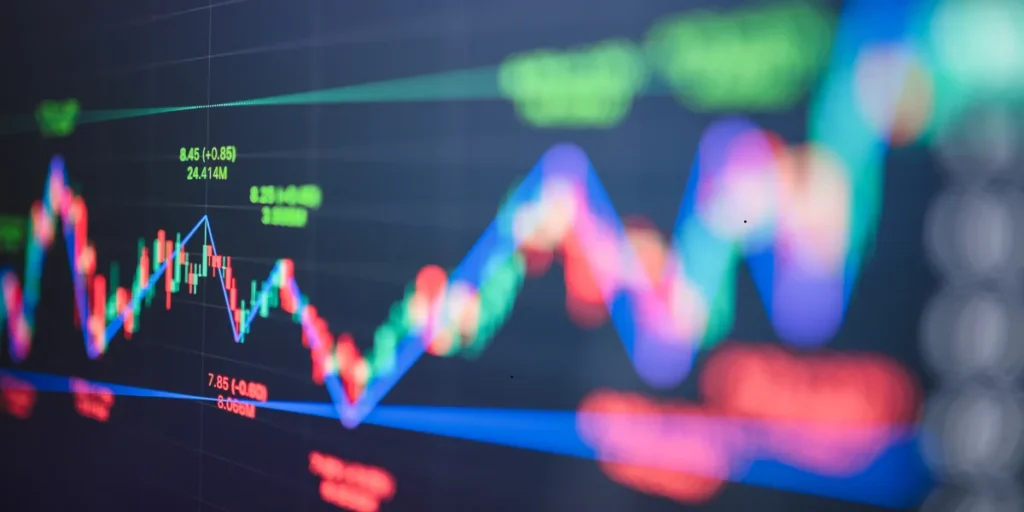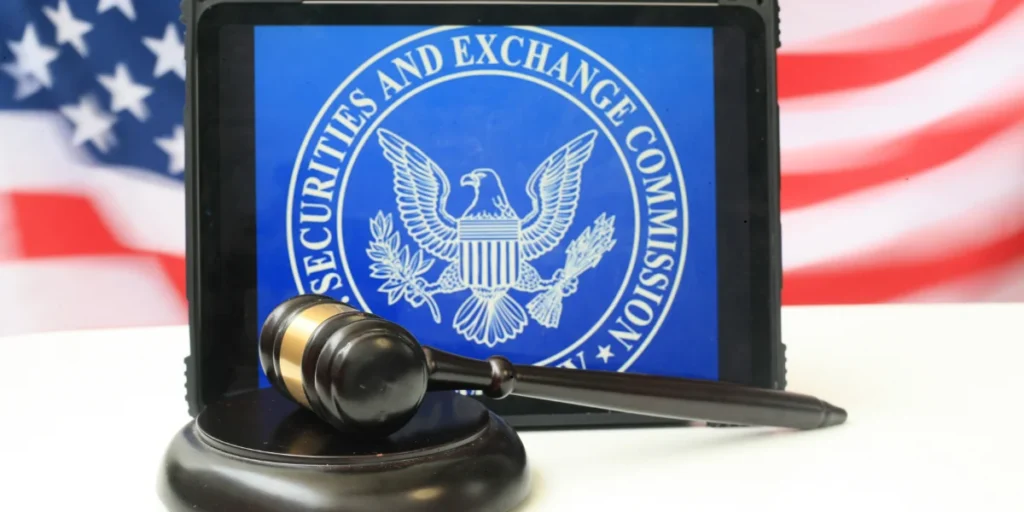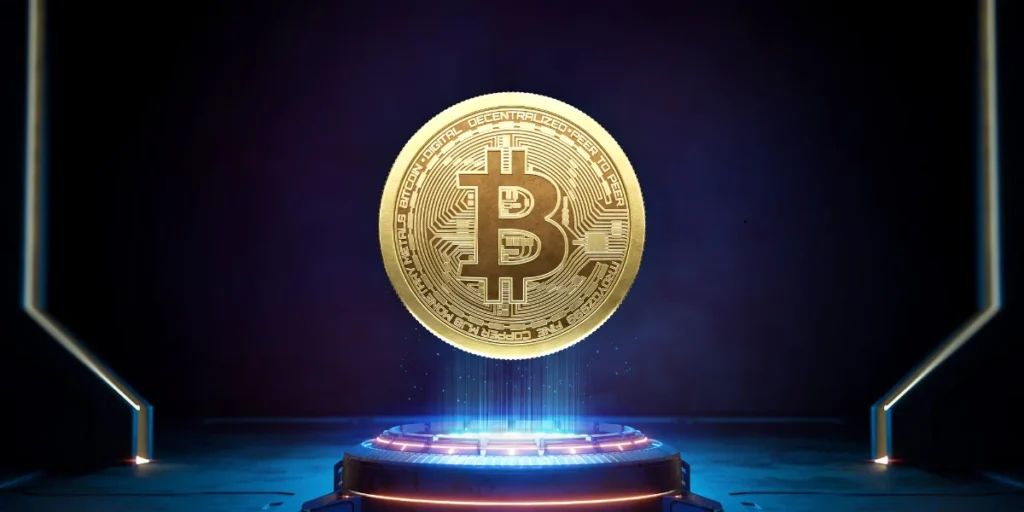The crypto world is buzzing with a fresh controversy: should the USA start stockpiling Bitcoin? The debate of the strategic bitcoin reserve between bitcoin maximalists against diversification advocates, with sceptics dismissing the entire notion.
The Birth of a Crypto Conundrum
A new executive order, “Strengthening American Leadership in Digital Financial Technology”, proposes studying a “national digital asset stockpile”. The government already owns 200,000 bitcoins seized from various criminal operations, including the Silk Road bust.
Now, with a newly appointed crypto czar, the question is whether the government should actively purchase cryptocurrencies?
The Bitcoin Maximalist Manifesto
Bitcoin maximalists advocate for a Bitcoin-only approach to national reserves. They claim that Bitcoin is the ideal option due to its market domination, recognition, and track record. Their vision includes large-scale government bitcoin purchases, potentially driving up its value—a win-win scenario for both government reserves and holders.
The Dilemma

The opposing camp favours a diverse cryptocurrency portfolio in national reserves. They advocate for including digital assets like Bitcoin, Ethereum, XRP and Solana, arguing against putting all eggs in one basket. The diversification advocates suggest spreading investments across multiple cryptocurrencies to reduce risk, likening it to a blockchain-based safety net.
Despite its SEC battles, XRP garners support for inclusion and is praised for its efficiency in cross-border payments and collaboration with financial institutions. Ethereum’s smart contract capabilities and stablecoins also warrant consideration for portfolio stability.
The implementation would mirror a balanced investment portfolio, though critics warn of management complexities. Yet, diversification supporters maintain their stance, citing the rapid evolution of the crypto sphere.
The Skeptics’ Stand
Enter the cautious observers who view the government crypto reserve concept with considerable doubt.

The volatility of cryptocurrencies remains a primary concern, with sceptics comparing it to gambling with government funds. The regulatory challenges pose another hurdle: the crypto landscape lacks clear governance frameworks.
Given Bitcoin mining’s substantial energy consumption, the environmental impact raises eyebrows. Security concerns loom large, with fears of cyber attacks on national digital assets.
Sceptics question the fundamental need for a government crypto reserve, arguing that traditional systems have proved reliable. They suggest it contradicts cryptocurrency’s decentralised ethos and raises practical management challenges, from private key security to operational oversight.
The critics aren’t dismissing crypto entirely but advocating for a measured governmental approach. Whether these concerns are valid remains to be seen, but sceptics continue to voice their opposition through social media debates.
The Global Perspective
The US’s potential move towards crypto reserves would have far-reaching implications. El Salvador’s Bitcoin adoption as legal tender faced IMF criticism, and a US shift would significantly amplify such concerns.
China’s fluctuating stance on crypto and digital yuan development could spark a new form of economic competition. The EU’s careful regulatory approach might need rapid adjustment.
Smaller nations might view this as an opportunity to stabilise their economies through crypto adoption. Furthermore, a move of this kind may put the US dollar’s standing as the world’s reserve currency in jeopardy, which could change the structure of the global financial system.
There’s also the question of how this would affect global crypto regulations. If the US government becomes a major holder, it could shift towards more crypto-friendly policies globally or, paradoxically, implement stricter rules to protect these digital assets.
Another concern is the environmental impact. Increased US crypto investment could boost mining activity, potentially making countries with cheap electricity new mining hubs.
The Economic Implications
Due to its limited supply, a strategic bitcoin reserve could serve as an inflation hedge, similar to digital gold. However, large-scale government purchases could increase prices, potentially creating a speculative bubble.
This could also complicate monetary policy. The Federal Reserve’s economic management could become more challenging with bitcoin operating outside traditional banking rules. Furthermore, significant crypto investment might signal wavering confidence in the dollar.
A government bitcoin reserve could significantly impact banking. It might trigger a digital bank run if perceived as a safer store of value than traditional deposits. This could extend to international trade, with nations potentially settling transactions in bitcoin, similar to digital payments but with trillion-dollar stakes.
Such moves could worsen economic inequality by creating instant crypto millionaires. Moreover, cryptocurrency’s inherent volatility could destabilise the broader economy if it becomes a substantial part of national reserves.
The Technological Challenges
Establishing a strategic Bitcoin reserve presents significant technical hurdles. The government would need robust cold storage solutions with military-grade security. Additionally, cybersecurity would be paramount, requiring an impenetrable digital fortress to protect these valuable assets.
Private key management poses a critical challenge – losing it would mean losing the entire national crypto reserve. The government would need an infallible system for key storage and access.
Running nodes would require substantial computing power and technical expertise. The blockchain’s scalability limitations could slow network transactions, whilst protocol upgrades would need careful evaluation.
Integrating existing government financial systems presents another hurdle, requiring significant engineering efforts. The balance between blockchain transparency and national security needs careful consideration.
Finally, keeping pace with rapid crypto innovations whilst managing a national reserve would be challenging, requiring constant vigilance and adaptability.
So there you have it – the technological challenges of managing a strategic bitcoin reserve—a complex puzzle requiring significant technological innovation. Securing national Bitcoin holdings isn’t far-fetched if we can achieve space travel. Time will tell!
The Legal and Regulatory Hurdles
The legal landscape surrounding government bitcoin holdings is complex. The Federal Reserve cannot purchase bitcoin, though Senator Cynthia Lummis’s bill proposes authorising the Treasury to acquire 200,000 bitcoin holdings annually for five years.

However, this would necessitate creating comprehensive regulatory frameworks. The SEC’s stance, taxation implications, and international financial regulations would need careful consideration. These challenges make establishing a strategic reserve a rather intricate endeavour.
The governance question looms large – who would manage this reserve? The Treasury, the Fed, or a new agency? It’s a critical decision with far-reaching implications. Additionally, transparency and accountability measures need careful consideration, balancing national security with public trust. These legal and regulatory hurdles present a complex web of challenges that require thoughtful navigation. While daunting, solutions may emerge with time and expertise.
The Political Landscape
The political divide on a strategic Bitcoin reserve crosses party lines. Republicans are split between viewing it as a hedge against government overreach and dismissing it as an unproven technology. Democrats debate its potential for financial inclusion and concerns about environmental impact. Meanwhile, Libertarians cautiously welcome the concept.
This issue creates unexpected alliances, with tech progressives joining free-market conservatives and environmentalists aligning with traditional bankers. Meanwhile, the crypto industry intensifies its Washington lobbying for crypto-friendly policies, including a national bitcoin reserve.
The debate intensifies as environmental groups highlight bitcoin mining’s energy concerns, whilst financial institutions warn of crypto volatility. Internationally, some view a bitcoin reserve as America’s digital-age financial strategy, though others fear global economic instability.
Several states are exploring their bitcoin reserves, adding complexity to the landscape. Public opinion varies dramatically, from crypto-sceptics to enthusiasts, creating a challenging terrain for politicians to navigate. The intersection of politics and crypto evolves, promising an intriguing future for this unconventional property proposal.



